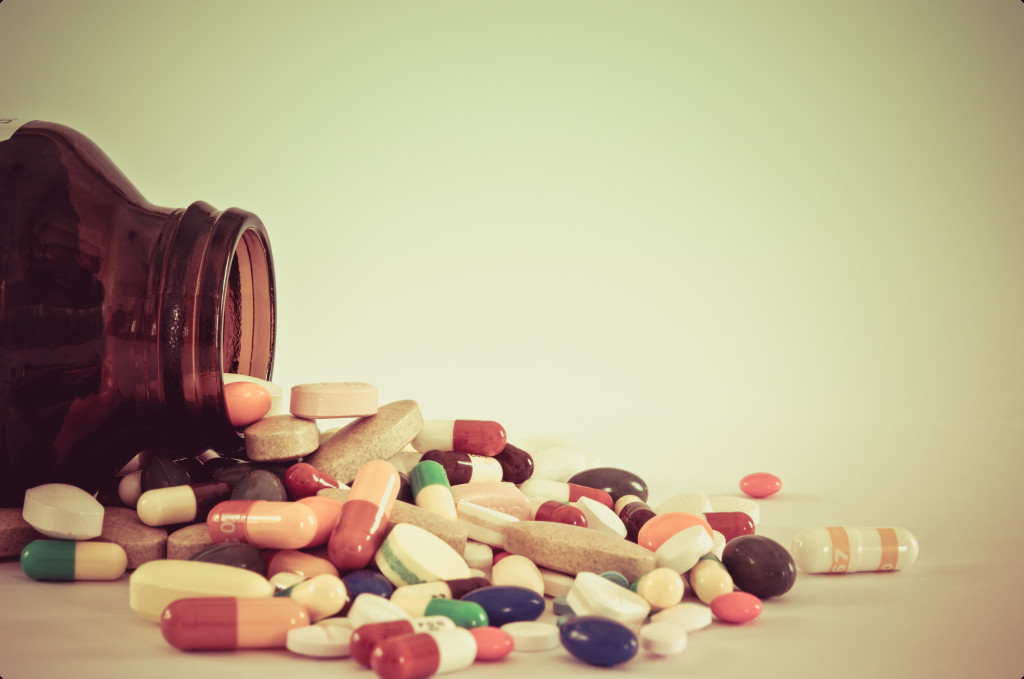- Identifying regulatory requirements and staying updated with industry standards are essential for pharmaceutical compliance.
- Implementing a Quality Management System and developing SOPs ensure adherence to regulatory guidelines.
- Facility safety, including cleanrooms and durable flooring, is crucial to maintaining product integrity and employee well-being.
- Continuous employee training reduces human error, promoting a culture of quality and compliance within the pharmaceutical industry.
The pharmaceutical industry stands on a thin line between saving lives and causing harm. Thus, maintaining compliance standards is vital for the industry. Any non-compliance is not only catastrophic to patient health but can also lead to lawsuits, loss of reputation, and business closure. Meeting regulatory standards in the pharmaceutical industry is not an option but an obligation. As a pharmaceutical business owner, you need to ensure that your company meets all government and industry-specific regulations. This blog post will discuss the significance of meeting regulatory standards and share tips for ensuring compliance in the pharmaceutical industry.
Identify Regulatory Requirements
Regulatory bodies such as the US Food and Drug Administration (FDA) and the European Medicines Agency (EMA) issue strict guidelines for the pharmaceutical industry. As a pharmaceutical business owner, you need to know the specific regulations that apply to your business. The legal requirements may vary depending on the country of operation, the products you manufacture, and the intended markets. Here are some things that you can do to adhere to these legal requirements:
Stay Updated With Current Regulations
Regulations in the pharmaceutical industry are constantly evolving to ensure public safety, keep pace with scientific advancements, and respond to public health emergencies. It’s essential to establish a system to stay abreast of the latest regulatory changes. Subscribe to updates from regulatory authorities, participate in industry forums, and attend relevant seminars or webinars. Collaborate with the regulatory consultants, if necessary, to help interpret the new regulations and implement them in your operations.
Develop Standard Operating Procedures (SOPs)
Standard Operating Procedures (SOPs) provide a detailed, step-by-step guide on how to handle processes in compliance with industry standards and regulations. In the pharmaceutical industry, SOPs can cover a wide range of processes, from drug formulation and production to quality control and distribution. Developing comprehensive and clear SOPs not only ensures adherence to regulatory requirements but also promotes consistency and efficiency in operations.
Implement a Quality Management System (QMS)
Implementing a Quality Management System (QMS) is a proactive approach to ensure regulatory compliance in the pharmaceutical industry. This system monitors all aspects of your operations, from raw material acquisition to product distribution, and ensures they all meet the defined quality standards. A QMS doesn’t just help you adhere to regulations, but it also elevates the overall quality of your products, leading to improved customer satisfaction and business reputation.

Ensure Facility Safety
Ensuring facility safety is critical to meeting regulatory standards in the pharmaceutical industry. Your manufacturing facility must adhere to good manufacturing practices (GMP) as mandated by regulatory authorities. A safe and clean facility is not only crucial for producing high-quality, contamination-free products but also for the safety and well-being of your workers. Here are some areas of facilities that you need to prioritize:
Flooring
The base of a pharmaceutical manufacturing facility can significantly contribute to overall cleanliness and safety. Investing in durable pharmaceutical flooring systems not only offers resilience against constant foot traffic and heavy machinery but also provides resistance against spills of hazardous substances, decreasing the risk of contamination. These flooring systems also allow easy maintenance and cleaning, promoting a pristine working environment, which is crucial in preserving the integrity of pharmaceutical products.
Cleanrooms
Cleanrooms are designed to provide a controlled environment free of dust and other particles that can contaminate pharmaceutical products. Regularly monitoring and maintaining the cleanliness of cleanrooms is essential to comply with regulatory standards. Implement a cleanroom validation program to ensure that your facility meets specified cleanliness levels at all times.
Equipment
The pharmaceutical industry relies heavily on equipment for manufacturing, quality control, and packaging processes. As such, these machines need to be regularly inspected, calibrated, and maintained according to the manufacturer’s guidelines. Keeping proper records of maintenance schedules and following strict protocols can help ensure that your equipment is in compliance with regulatory requirements.

Invest in Employee Training
Investing in employee training is a critical factor in maintaining compliance in the pharmaceutical industry. Your employees need to understand and adhere to industry regulations and internal company protocols.
By providing ongoing training programs, you can ensure that your team stays updated with the latest regulations, possesses the necessary skills for their roles, and understands the consequences of non-compliance. This investment doesn’t just safeguard your business from regulatory penalties but also nurtures a culture of quality and excellence within your organization.
In most cases, non-compliance in the pharmaceutical industry is a result of human error. By investing in proper training, you can minimize the risk of errors and promote compliance throughout your organization.
Meeting regulatory standards is critical in the pharmaceutical industry. Compliance ensures the safety, efficacy, and quality of pharmaceutical products, protects patient health, and ensures market access. By identifying regulatory requirements, ensuring facility safety, and investing in employee training, you can maintain compliance and safeguard the reputation of your business. Remember, meeting regulatory standards is not just a legal obligation but also an ethical responsibility to ensure the well-being of consumers. So, always prioritize compliance in all your operations to uphold the trust and confidence of patients and stakeholders in the pharmaceutical industry.
